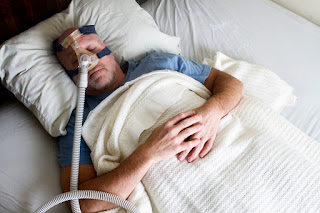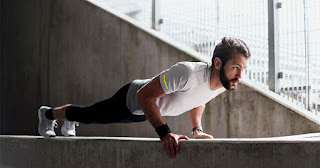Hydroxychloroquine does not counter SARS-CoV-2 in hamsters, a high dose of favipiravir does: study.

Hydroxychloroquine does not counter SARS-CoV-2 in hamsters, a high dose of favipiravir does: study. Virologists from the KU Leuven Rega Institute in Belgium have shown that treatment with the anti-malaria drug hydroxychloroquine does not limit SARS-CoV-2 coronavirus replication in hamsters. A high dose of the anti-flu drug favipiravir, by contrast, has an antiviral effect in the hamsters. The team published their findings in the Proceedings of the National Academy of Sciences (PNAS) . Virologists at the KU Leuven Rega Institute have been working on two lines of SARS-CoV-2 research: searching for a vaccine to prevent infection, and testing existing drugs to see which one can reduce the amount of virus in infected people. To test the efficacy of the vaccine and antivirals preclinically, the researchers use hamsters. The rodents are particularly suitable for SARS-CoV-2 research because the virus replicates itself strongly in hamsters after infection. Moreover, hamsters develop...



